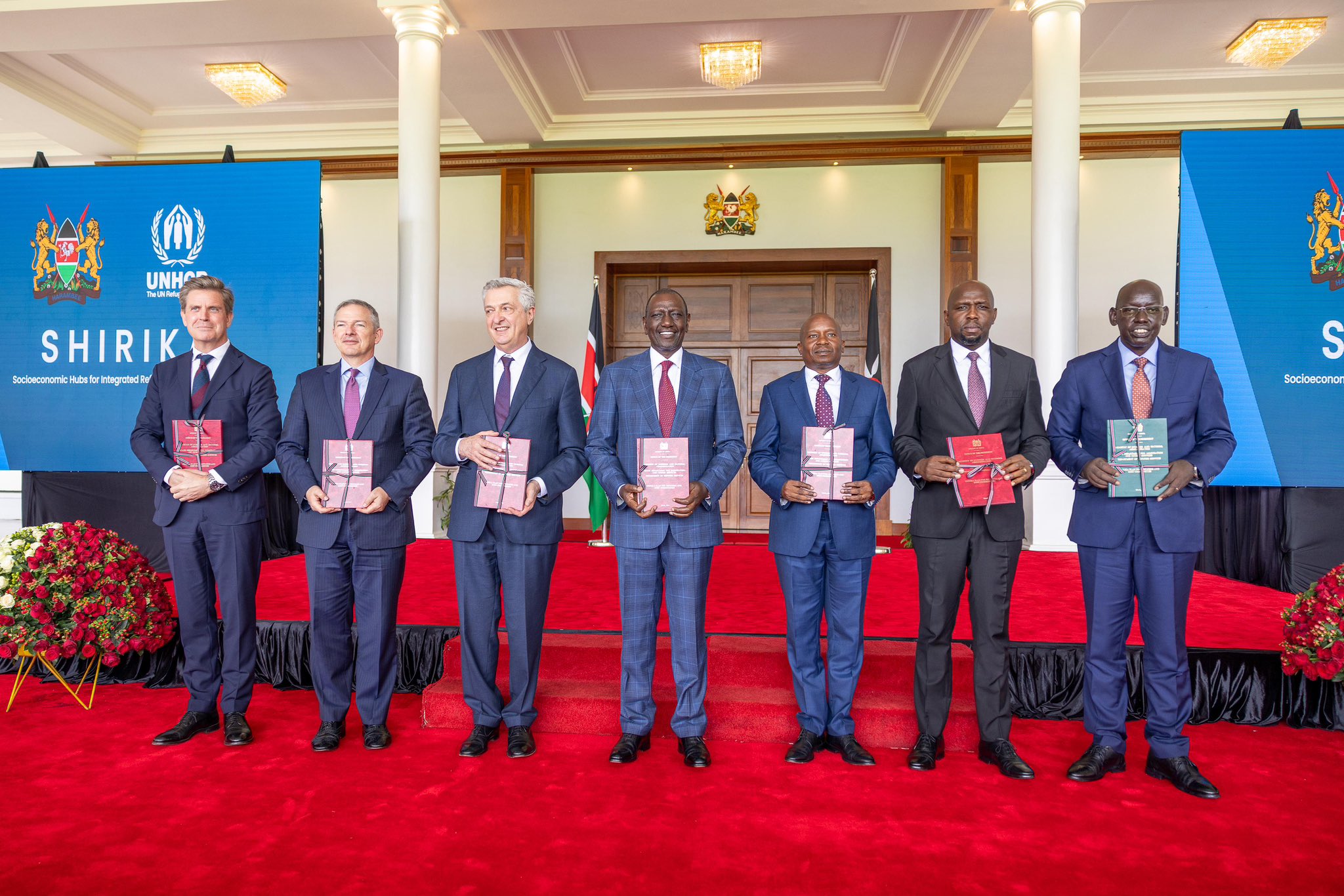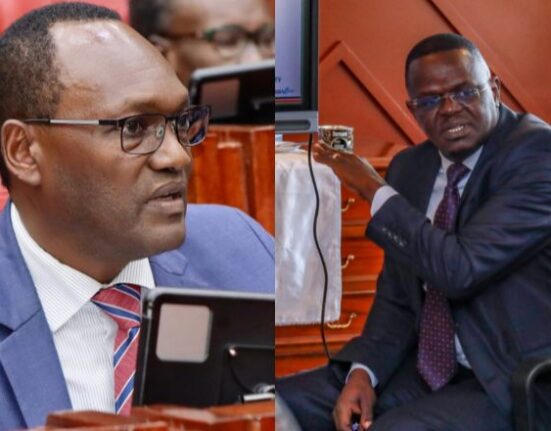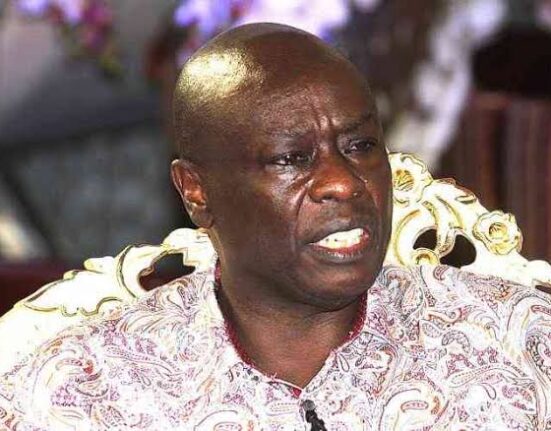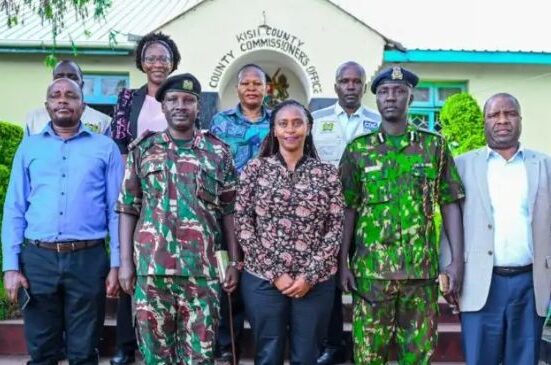Daniel Epuyo Nanok, the Member of Parliament for Turkana West, has strongly opposed President William Ruto’s Shirika Plan, which aims to integrate refugees into host communities.
The plan, launched on Friday, seeks to transform refugee camps into integrated villages, allowing refugees and asylum seekers to participate in the socioeconomic activities of the country.
However, Nanok believes that the government should have sought public participation before making such a significant decision.
Nanok argues that Turkana County is already struggling to provide for its own citizens, making it difficult to accommodate refugees. He insists that the government must first ensure that Kenyans have access to basic needs before considering the integration of refugees.
According to him, the region lacks sufficient resources to support both the locals and the refugees, making the implementation of the Shirika Plan unrealistic at this time.
He also raises concerns about land availability, noting that while Turkana may have vast land, not all of it is suitable for development.
The MP has called on the government to prioritize the needs of its own people before extending resources to refugees. He questions whether the government has adequately planned for its own citizens in terms of essential services such as water, education, food, healthcare, and infrastructure.
According to Nanok, only after these needs are met should the government consider hosting refugees in a structured manner.
He is also advocating for meaningful engagement with the hosting communities to ensure that their concerns are addressed before the full implementation of the Shirika Plan.
During the launch of the Shirika Plan, President Ruto emphasized the need for a structured approach to absorbing refugees despite limited resources.
He stated that the plan aligns with the African Union’s vision of finding local solutions to global challenges. However, critics like Nanok argue that the government is prioritizing external obligations over the welfare of its own citizens.
The concern is that integrating refugees without adequate planning could create more economic strain on already struggling communities.
The Shirika Plan has also been linked to conditions set by the World Bank in exchange for financial support to Kenya.
As part of the Kenya Fiscal Sustainability and Resilient Growth Development Policy Operation, Kenya received a Ksh155 billion loan in 2024.
One of the conditions for this financial package was the integration of 400,000 refugees into the economy by 2027. This has raised questions about whether the government is implementing the Shirika Plan out of necessity rather than genuine commitment to refugee welfare.
The United Nations High Commissioner for Refugees (UNHCR) has pledged support for Kenya in this initiative, arguing that shifting away from dependency on humanitarian aid to self-reliance is beneficial for both refugees and host communities.
UNHCR officials have praised Kenya’s commitment, describing it as an example of cooperation and inclusion.
However, opposition voices like Nanok’s highlight the risks of burdening struggling counties with additional responsibilities without first addressing the needs of local residents.
The debate over the Shirika Plan reflects broader concerns about governance, resource allocation, and the balance between fulfilling international commitments and prioritizing national interests.
It remains to be seen whether the government will make adjustments based on public concerns or proceed with the integration as planned. The demand for public engagement in decision-making underscores the need for policies that reflect the realities and challenges faced by the people on the ground.













Leave feedback about this